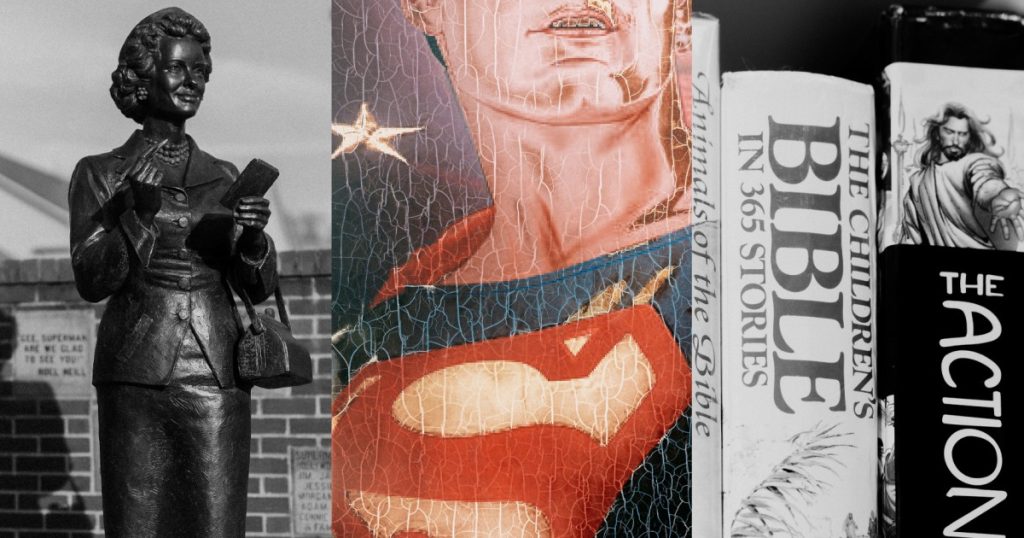Anderson, a pastor in Metropolis, has been rallying his congregation against the Library Bill of Rights and its supporters, portraying them as forces of evil. He warned that without their intervention, the library would soon have a children’s section dedicated to sexual immorality and drag queen story hour events. The congregation, along with Anderson, pledged to fight for decency in the face of what they perceived as an assault on their values. This sparked a heated debate in the community and led to a packed meeting at the local library.
Rhonda James, president of the library board of trustees, was surprised by the turnout at the meeting, which was fueled by tensions between the board and the library’s director, Rosemary Baxter. Baxter, a devout Christian, had incorporated her religious beliefs into the library’s programs, which drew criticism from some residents. Additionally, the board was concerned about the number of books being removed from the collection and Baxter’s reasoning behind those decisions. Despite these challenges, the focus of the meeting shifted to the adoption of the Library Bill of Rights, which some residents feared would lead to drag queen story hour events.
The community members who gathered at the library expressed concerns that their values were in danger of being undermined by the adoption of the Library Bill of Rights. They were led by a pastor who voiced the fears of local faith leaders. However, James clarified that the Library Bill of Rights did not pertain to library programming, and the board had already adopted it years earlier as a policy. The vote that night was simply to update the policy to include additional clauses regarding patrons’ privacy. Despite this explanation, not all residents were satisfied, and the debate continued.
Baxter, the library director, opposed the adoption of the Library Bill of Rights, arguing that the library did not need state funding and had never applied for any state grants. She expressed a belief that accepting certain types of funding would be akin to bargaining with Satan. This stance highlighted the deep divisions within the community regarding the role of religion in public institutions and the balance between preserving traditional values and promoting inclusivity. The clash between those advocating for the Library Bill of Rights and those opposing it reflected larger societal debates on freedom of expression and the separation of church and state.
The tension surrounding the library board meeting in Metropolis shed light on the complexities of managing public institutions in a diverse society. The clash between traditional values and progressive ideals played out in a local setting, with residents grappling with questions of censorship, religious influence, and the rights of individuals to access diverse viewpoints. The library, as a symbol of knowledge and community, became a battleground for competing visions of morality and inclusivity. The outcome of this debate would have far-reaching implications for the future of the library and the community as a whole.
As the debate over the Library Bill of Rights raged on in Metropolis, residents found themselves at a crossroads, torn between upholding cherished beliefs and embracing the need for tolerance and diversity. The pastor’s warnings about the dangers of progressive values and the specter of drag queen story hours highlighted the fear and uncertainty felt by some members of the community. At the same time, advocates for the Library Bill of Rights sought to promote open access to information and protect the rights of all patrons. The outcome of this conflict would shape the identity of Metropolis and its approach to public institutions for years to come.


